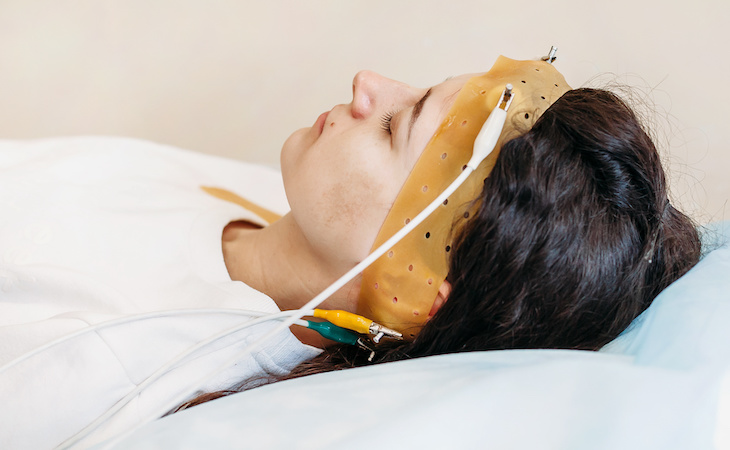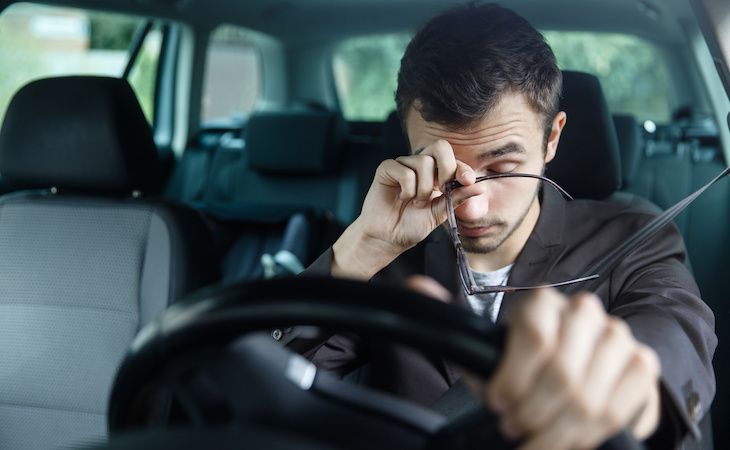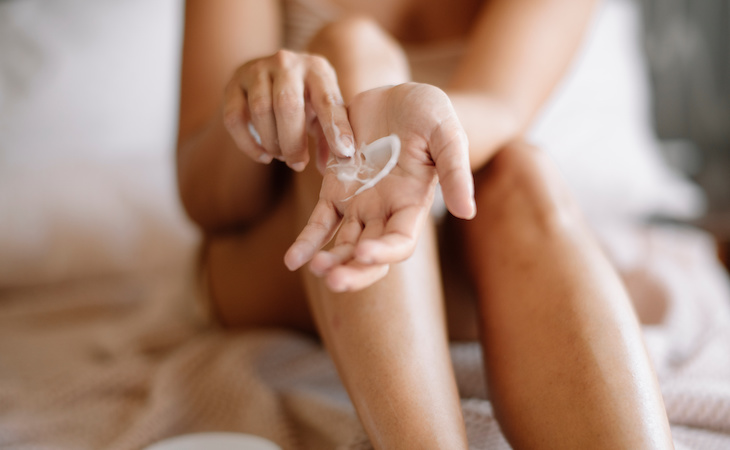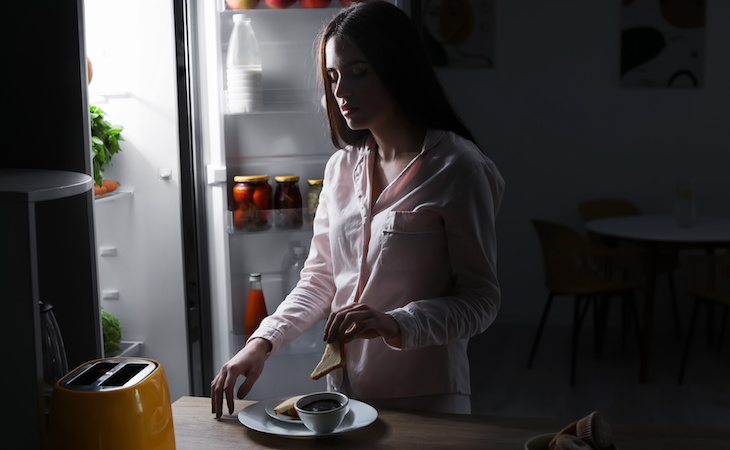Have you been struggling to fall or stay asleep at night? Or has your snoring gotten so heavy and disruptive that you can’t get a good night of rest? If so, your doctor might suggest undergoing a sleep study.
Whether you’re getting tested for sleep apnea or restless legs syndrome, you might wonder what to expect at a sleep study. This article will explain everything you need to know about sleep studies so you’re prepared for the experience.
What is a sleep study?
A sleep study (aka polysomnogram) is a painless, noninvasive evaluation of your sleep patterns. It usually happens in a private room at a hospital or sleep center. Some sleep tests for sleep apnea can be done at home with a prescribed breathing monitor.
Sleep tests typically measure your heart rate, breathing patterns, and oxygen levels while you sleep. They also record brain waves and track your eye and leg movements. This information is used to diagnose sleep disorders like sleep apnea or measure the effectiveness of your current sleep treatment.
What can a sleep study diagnose?
“A sleep study is most commonly recommended to evaluate for sleep apnea,” says Stephanie M. Stahl, MD, a sleep disorders specialist at Indiana University Physicians Sleep Medicine.
But that’s not all. Sleep studies can also help diagnose the following:
- Sleep-related seizure disorders (such as epilepsy)
- Sleep-related movement disorders (such as periodic limb movement disorder or bruxism)
- Narcolepsy
- Restless leg syndrome
Who needs a sleep study?
Your doctor might recommend a sleep study if your sleep issues or daytime exhaustion are affecting your health.
Take sleep apnea, for instance. If you wake up every morning feeling exhausted or irritable, you might have sleep apnea. Ten to 30% of North Americans suffer from this sleep disorder that causes you to stop breathing intermittently while asleep. Getting diagnosed from a sleep study can be the first step to getting this dangerous condition under control.
Of course, sleep apnea isn’t the only condition diagnosed with a sleep study. Anyone with sleep problems or trouble staying awake during the day could be a good candidate for a sleep study.
How do you prepare for a sleep study?
On the day of the test, Stahl suggests avoiding any foods, drinks, or activities that could disrupt your sleep. She recommends avoiding caffeine within 10 hours of bedtime and naps within seven hours of bedtime.
For the appointment, pack comfortable pajamas, any products or medications necessary for your nighttime routine, and a book or magazine to help you relax.
“You typically want to mimic your normal nighttime routine as much as possible, including taking medications that you normally take at bedtime unless your doctor tells you specifically to not take a certain medication,” says Stahl.
What to expect at a sleep study
Your experience at a sleep study will depend on whether the test is done at home or in a sleep lab or hospital.
At-home sleep studies
Some doctors prescribe home sleep tests to check for sleep apnea. Home sleep tests measure your heart rate, oxygen saturation, airflow, and movements and sleep positions. They’re less comprehensive than overnight sleep tests at a sleep lab or hospital.
After receiving the test equipment, you’ll follow instructions to apply sensors, attach a clip to your finger, and place an airflow sensor under your nose. Once you’re all set, you can turn on the monitor and go to sleep.
Inpatient sleep studies
Most studies done in a sleep lab or hospital are completed overnight. Most appointments are scheduled to begin in the early evening—around 8 p.m., according to Stahl.
Once you’ve checked in, you’ll meet with a sleep technologist. Stahl says sleep technologists typically work with just two patients per night, so you can rest assured that someone is available if you need assistance.
“You typically have your own private room to sleep in as well as a private bathroom and shower,” she explains. “The sleep technologist will set up the equipment, including some wires and bands for you to wear during the study. You usually have some time to relax, and when you are ready to sleep, the study is started.”
Once you fall asleep, your brain activity, breathing, heart rate, oxygen levels, and movement will be monitored.
“Commonly, around 6 a.m. if you had sufficient data collected, the study is ended,” says Stahl. “Once the equipment is removed, you can leave.”
How much does a sleep study cost?
The average cost of an overnight sleep study is $1,500 to $2,000, according to Sleep Rx, a Florida-based digital healthcare company. However, prices can vary depending on the type of sleep study, where you live, and whether insurance covers the cost.
FAQs
What should you not do before a sleep study?
You should avoid caffeine, sedatives (including alcohol), and naps before a sleep study.
What if I can’t sleep during a sleep study?
While it’s common to worry that you won’t be able to fall asleep during a sleep study, Stahl says this doesn’t happen often. “If you don’t sleep enough during the study, your doctor may recommend another study but will try to help you troubleshoot what caused the problem the first time,” she explains.
Do they watch you sleep during a sleep study?
You will be recorded, but that doesn’t mean the sleep technologist is watching you nonstop. Stahl says there are several reasons for the video stream: to visually track abnormal movements or behaviors, to make note of your sleep position during sleep apnea or snoring, and to help the sleep technologist know if you need help at any time.
How long does a sleep study take?
Sleep studies are typically scheduled for one full night. The more sleep time logged, the more data healthcare experts have to make an accurate diagnosis. In most cases, at least two hours of sleep is required for a successful sleep study, according to Cleveland Clinic.
One such sleep disorder that can be diagnosed through a sleep study is narcolepsy. Learn about the causes of narcolepsy and how to treat it.




